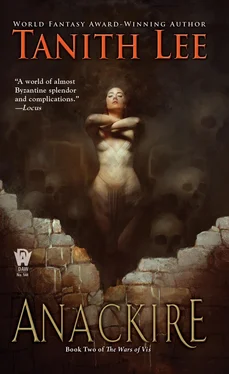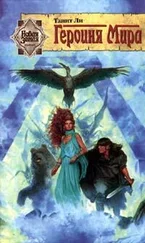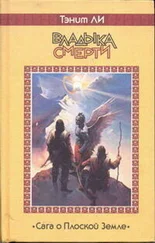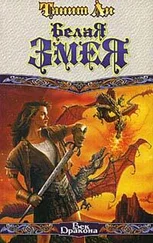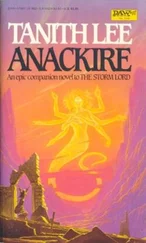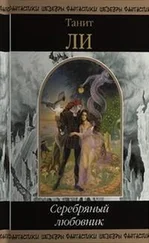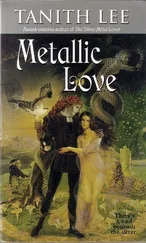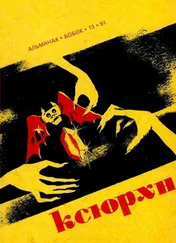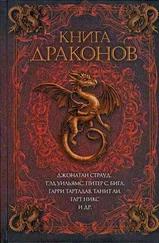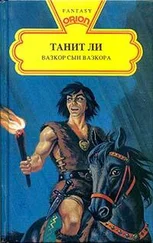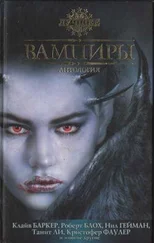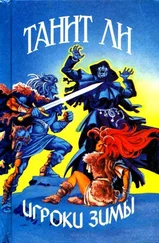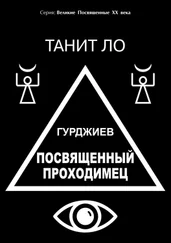Kesarh stood, alone, in their midst. He had left the rest of his men behind on the ships. They, too, had thought him insane, but admired it. They knew his gambit. They said to each other, it would be possible to walk after such a man into fire. As they sat on the ships.
He was not wearing black, but the salamander scarlet, with the lizard emblem in gold on breast and back—like a target. The hair-fine coat of steel was worn under it, invisible. They only saw he was unarmed. No sword, no dagger, not even the knives that could be carried in sleeves or gauntlet-cuffs or the cuffs of the high boots—they squinted after the tell-tale lines, and they were never there.
He appeared very young, almost cheerful, with a light clear color. He did not greet them. He only looked at them, into their faces, steadily, one by one. Some of the faces turned grim, in others the eyes flinched aside. But he was not offering them a challenge. The regard was measured, finding them out, but never too much.
Minutes dropped away, and nothing else happened. Finally, two of Biyh’s freshly appointed captains came forward and met him.
They did not know, of course, what to say to him. They were in declared arms against him, and here he was, empty-handed, serene, kingly.
“My lord,” one of them blurted, “what is it you want?”
“My destination,” he said, “is the city.”
“I can’t answer for the men,” said the other. “Your life’s teetering on two thousand sword-points. Why don’t you go back to your pretty ship? They’d probably let you.”
Many heard this. The air was conductive, the acoustics rather good. An uneasy jeering noise went round, and metal clacked on metal. When it stopped, Kesarh spoke again. He spoke over the captains’ heads to the two-thousand-odd soldiers who hated him, with a lover’s hate, abused. His voice, the actor’s voice trained long ago, used always to effect, traveled to almost all of them.
“These men are Karmians, as I am. I don’t fear my brothers, gentlemen. Shall we get on?”
He started to walk then, and as he did so, the jaws began to close on him. As they closed, he made spontaneous contact with them. He had—and used—the magic thing, recall. He recollected names, personalities, officers and rank and file alike, human beings he had met years before, exchanged one word with. He blazed there in the raw colorless day, his scarlet like a beacon, the salamander targets crying out to them where they might strike. When they jostled him, he touched them. His hands were steady, reassuring, gentling them like zeebas or horses. When they pressed closer now, it was to touch in turn, no longer rancor. Where they could not see him, they shinned up walls.
And now, the accusations came, because they felt they could talk to him.
Already on the Amlan road, going toward the city, this huge cloud of men—the port left nearly defenseless. Kesarh , they said, or King , Shansarian fashion. It had none of the smack of insolence. It was the intimacy employed in religion.
Why? they said. Why withhold supplies? Why desert us here? Why the wedding with Free Zakoris?
He exonerated himself. He told them the game to be played, Lan the bulwark, Free Zakoris the stepping stone. Vis the stake.
His voice, reaching the perimeters, translated into the pockets where it did not reach of itself, stimulated them. His strength and his certainty, the easy confidence, each of them his counselor, consulted now, given reasons. And all the time he was in the midst of them. The guilty man did not come naked and fearless into the lions’ pit. One who did not love them, moreover, could not trust them so.
There was a flat-topped rise by the road, and they urged him up on it.
He stood above the road and the metal cloud, talking to them, familiar, as if every one of them knew him well. The sun blushed through and laid its patina on the hills, the ice, on him.
He told them some joke, and they laughed. And there was some banging of fists on shields.
He had not discounted them. They were not blamed or shamed or to be set on. It seemed there would be riches ahead, beside which Raldnor of Ioli’s “bounty” would be dross. And he was too, the magician Raldnor had never been, and that no other was.
And then someone came running, and thrusting out of the crowd, bawled at him:
“Suthamun! Suthamun!”
“Yes,” said Kesarh. “What of him?”
“His son,” the man shouted hoarsely, “you murderer—”
“No,” said Kesarh.
It was apparent then, the superstition, the sway of the pale races also wielding vast power.
Their heat had frozen suddenly in the sunlight, his two thousand brothers, Visian Karmians, mixes, the few score Shansarians, of whom this shouting man was one.
“I had thought,” said Kesarh, “Emel son of Suthamun died of plague. Raldnor told me this. You yourselves believed Raldnor’s lies. And so did I. Emel was his pawn. If it is Emel.”
They yelled out, wanting to absolve for him their wrong of rebellion, to give it credentials: “Yes! Emel! Emel!”
Again he waited. When quiet came he gazed at them. It was as it had always been. His courtesy and his arrogance. They had been noticed, as was their right, by a god.
“I recollect Emel very well,” he said. They were listening, bound. “The might of the goddess,” Kesarh said. “She crushed Suthamun’s dynasty, and left only Emel behind it. They say the goddess dreams the world. We’re just the pictures in Her brain. If Emel lives, then the kingship is his, Karmiss is his, you, gentlemen, and I, all his.” He looked at the Shansarian and said, in the Shansarian tongue of Suthamun’s court, “As She wills it.”
He walked most of the way to the city with them, and at midday they shared food with him on the road.
At some point a King’s agent, concealed till then in the crowd, broke the careless ranks and returned to the port, so to the Lily ships: “Not won yet, but winning.”
It was farcical, and diverted him. Somewhere else, in the core of heart or mind, it enraged him. That he had come again to this, this striving, this unavoidable tax paid the conquerors, the Chosen of the goddess. One of whom had casually seeded Kesarh himself. Unknown father. Only the always-weeping wretched woman wandering at Xai, that black-haired Karmian princess, abased and pining, like some pathetic bitch-dog. Hanging herself for Val Nardia to stumble into the cold feet. Their mother. Damn her. She had understood the sorcerous weight of the pale races. She had let it annihilate her. But he, Kesarh, had dragged the legend down. Only to have it rise again. The snake at Tjis. The snake which had been a sword.
The light fever was beginning, just a fraction, to blur the edges of his judgment. Not enough to be calamitous.
The doctor on the ship had proved incompetent. The hot iron had not been applied for long enough, and the infection reinfested the little cut in his left forearm. It would have to be done again.
When the moronic soldiers had fumbled against him on the road, finally lifting him and bearing him into the city, the whole arm had sung out, a low, dense note of pain. Kesarh dealt with that because he had to. But each man who clutched him he could have killed. In the city, on the steps above the Palace Square, where the brother and sister King and Queen had formerly given audience, he had gone through the entire theatrical once more. And taken them once more.
They seemed to be his, now, the four thousand, five thousand troops at Amlan.
It only remained to deal with Biyh. That should not be too difficult, there had been an obscure message left at a village up the coast, Biyh’s offering, all reverence and fidelity.
And then, to round off this bloody day, the inevitable acknowledgment—on the steps, elevation, and proximity to the stinking drunken rabble of soldiers—of the Prince-King Emel.
Читать дальше
